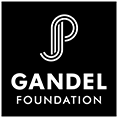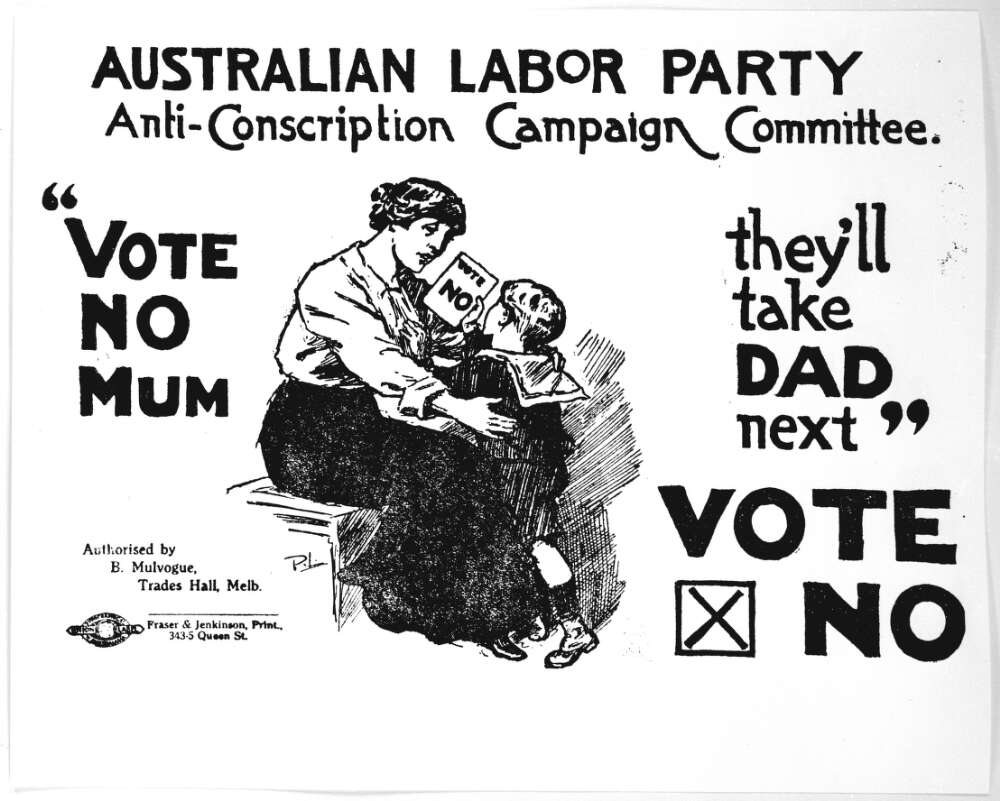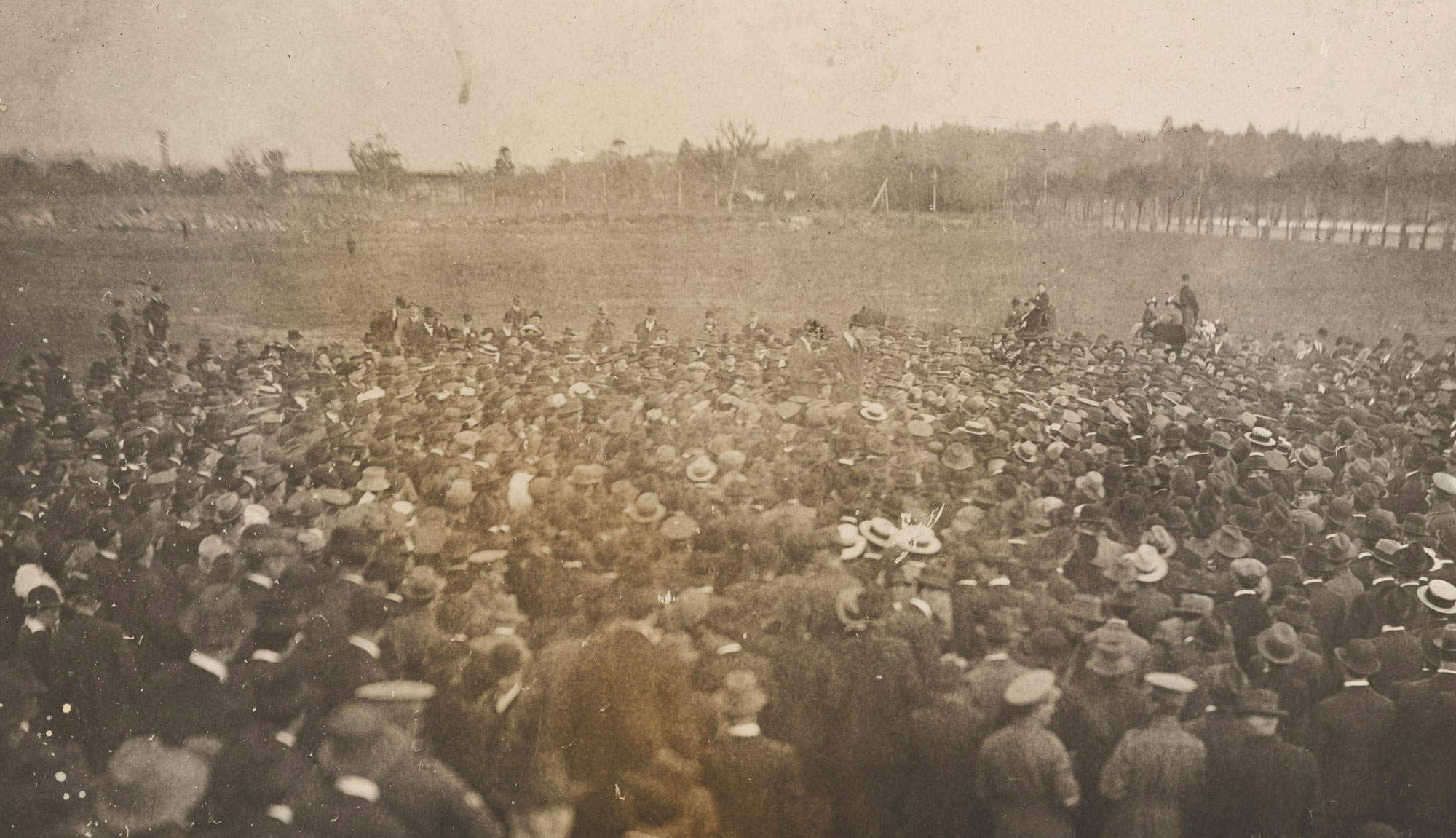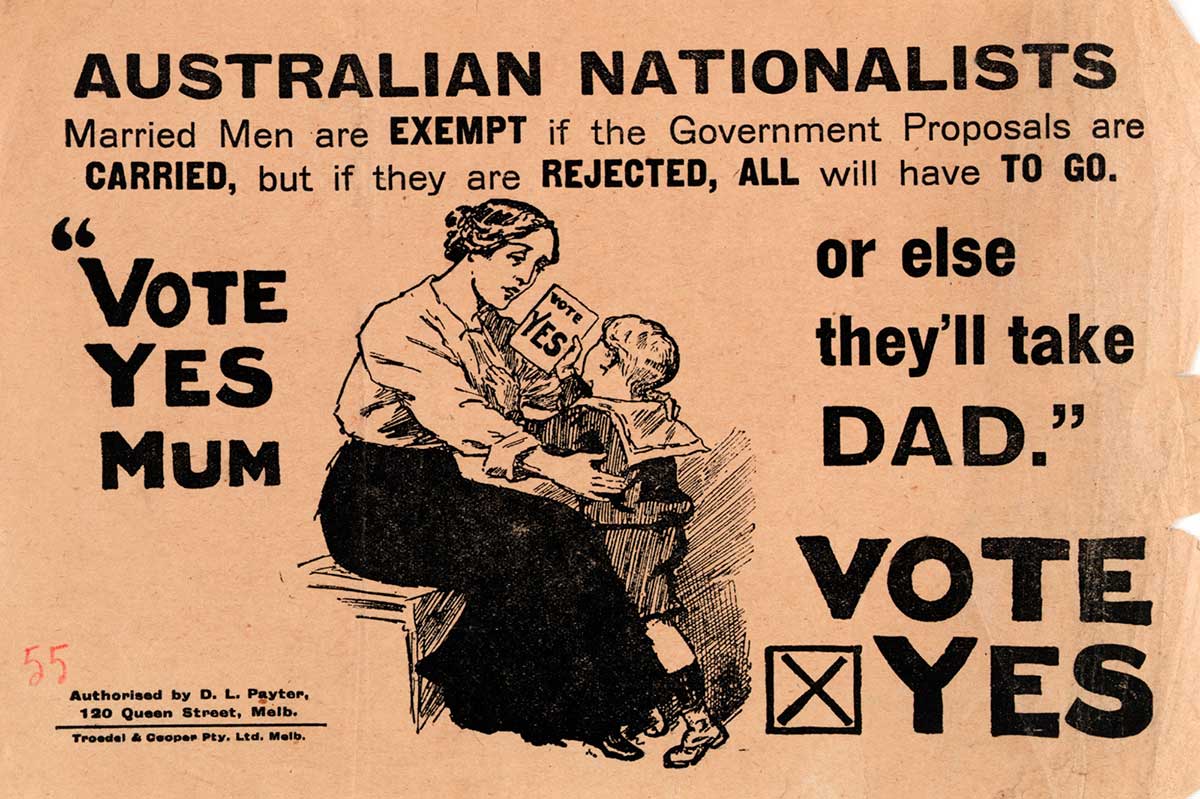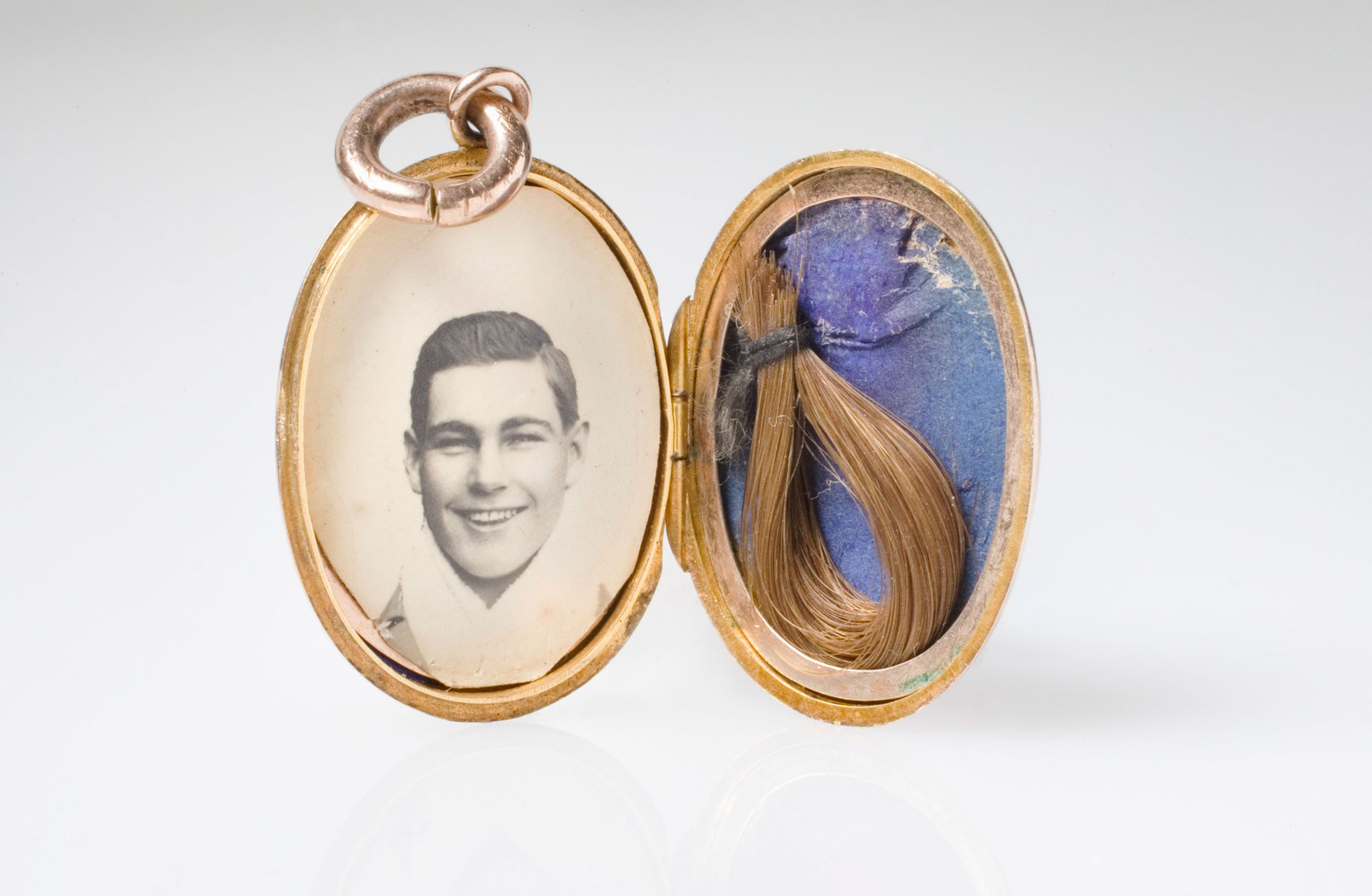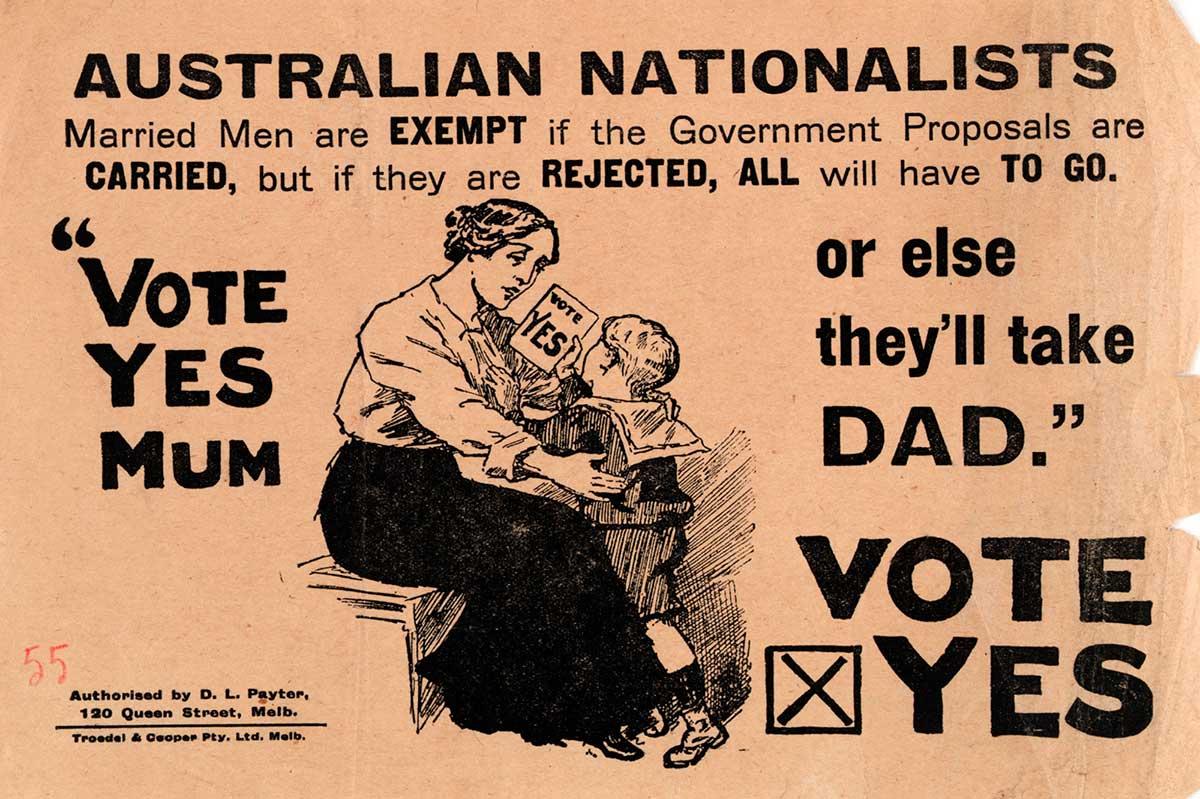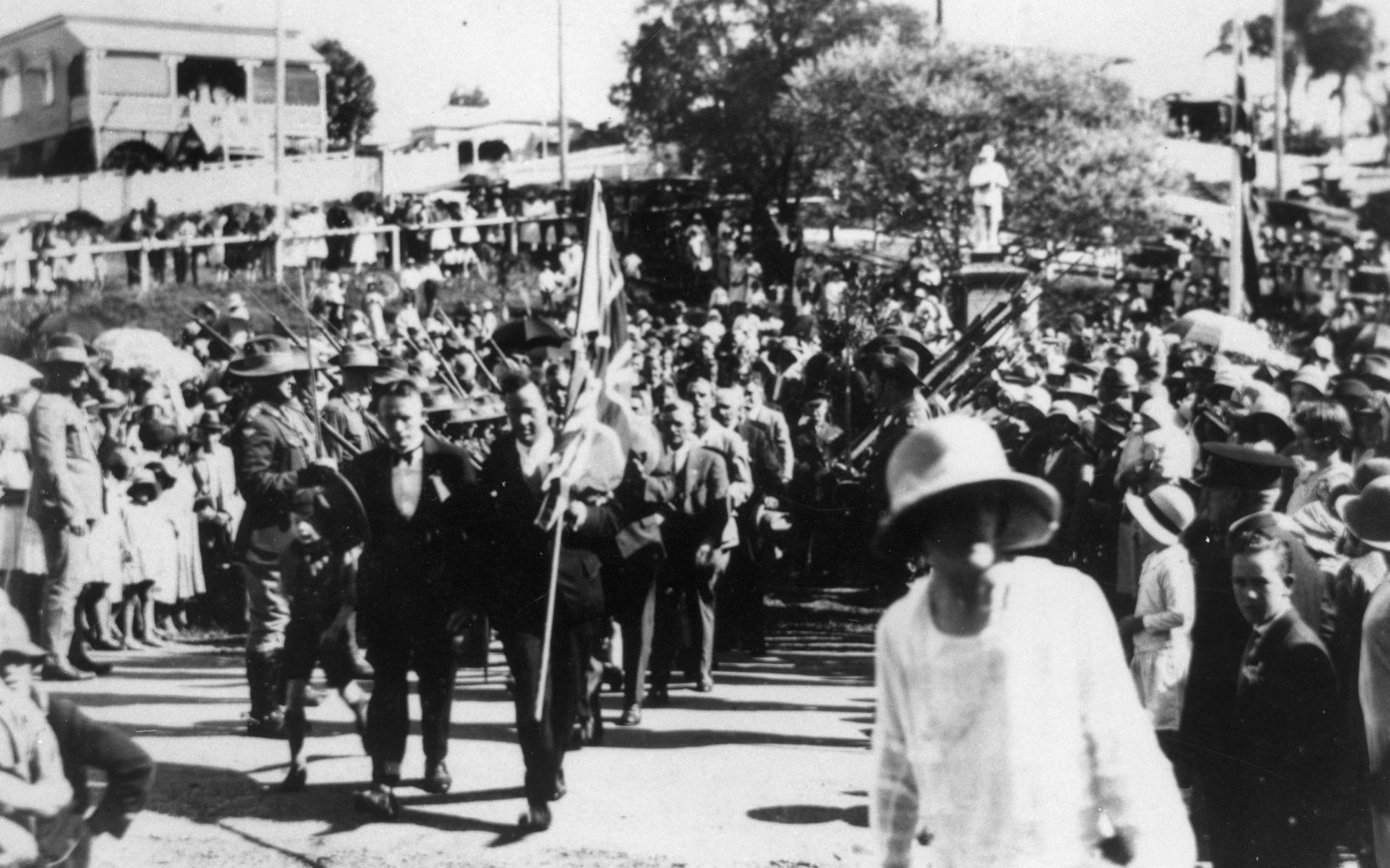Learning module:
First World War Defining Moments, 1914–1918
Investigation 3: The Australian home front
3.4 Who might you have been in 1916?
There are many factors which may have affected how people felt about conscription during the First World War. For example, a person’s background, religion, age and job might all have influenced their attitude to conscription.
Create your own 1916 character by choosing one of each of the following characteristics, common in Australia at the time.
1. How do you think your character would have voted in the 1916 conscription referendum? Look at the points below which will shape your decision.
- The war has raised the cost of living.
- The local newspaper prints a letter from the front asking for reinforcements.
- There is a local recruiting drive led by the key people in the town.
- The Assistant Roman Catholic Archbishop of Melbourne, Daniel Mannix, is a leading critic of conscription.
- The British have refused to give Ireland Home Rule (self-government and separation from Britain) and have crushed an Irish rebellion.
- Virtually all Protestant church leaders support conscription.
- Potentially eligible men have been called into camp so that if conscription is passed they will already be training.
- The harvest needs gathering, and conscription will come during harvest time.
- Casualties keep increasing and people in your community are seeing more and more injured men returning, and other families receiving news about the deaths of their fathers and sons.
- Aboriginal people are unable to vote in the referendums.
2. What factors might most influence your character’s vote? Are there any other factors that might be important? (For example, you might decide that it would be the patriotic thing to do; or you might have a moral objection to conscription; or you might be scared of being called up and sent to fight.)




